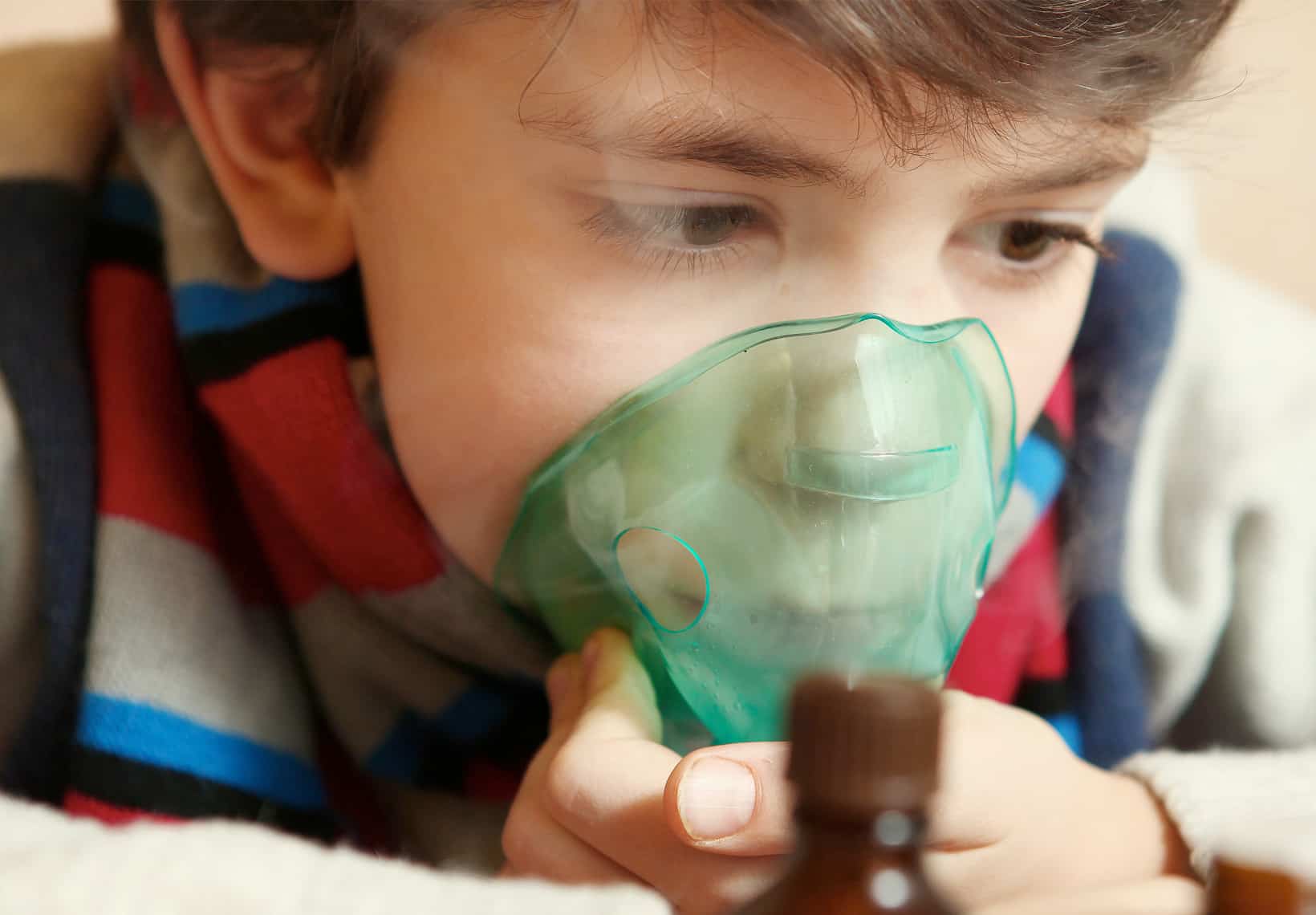7 Must Knows for a New Parent!
What is croup?
Croup is a general name for inflammation for the upper airways, specifically in the area around the vocal chords. If croup is severe there can be swelling around your trachea (windpipe) as well. Croup is caused by a variety of common viral illnesses. This article is meant to help you better understand the causes of croup, treatment, duration of symptoms and when to seek medical attention. It is NOT a substitute for your pediatrician. If you have any concerns about your child at all you should call your doctor right away.
What are the symptoms of croup?
One of the tell tale signs that a child has croup is a distinct barking cough that sounds like a dog or a seal. Other common symptoms are fever, runny nose, sore throat, and decreased appetite. Croup causes inflammation of the upper airway which leads to hoarseness and a barking cough. Adults and older children have larger airways so croup usually presents as a bad cough. In young children, infants, and newborns, because their airways are smaller to begin with, they can have trouble breathing with croup. This presents itself as a high pitched sound while your child is breathing in, known medically as stridor; that is often worse when coughing or crying. The symptoms of croup are often worse at night.
How is Croup Diagnosed?
The diagnosis of croup is made by clinical history. Your doctor will recognize the sound of the barking cough. If your child is making the high pitched noise with cough or crying your doctor will likely prescribe a three day course of oral steroids to help reduce the inflammation in the upper airway. This decreases the airway swelling and allows your child to breathe more comfortably. Your child will continue to cough, but the high pitched noise when breathing in should resolve.
How can I treat croup?
Since croup is caused by a viral infection, there are no magic medicines for croup. However, there are some supportive measures you can take to make your child more comfortable. Steam is your best friend when a child has croup. Go into your bathroom, turn on the shower and get the bathroom as steamy as you can. Then sit in the bathroom (Not in the hot shower) for 15-20 minutes with your child. This should help decrease the barking cough and help your child feel more comfortable.
The most important thing is that it helps your child to breathe more comfortably (ie; that the high pitched nose with breathing stops.) You may need to repeat this multiple times during the night. Sometimes, going out into the cold air can help as well. This causes the blood vessels near the vocal cords to clamp down and thereby decreases swelling. Some parents find that alternating between the steam and the cold air (such as the freezer or the window on a cold evening) is helpful. If your child continues to make a high pitched noise when breathing, despite your having used steam and cold air it is time to call your pediatrician right away.
You can also use medications like acetaminophen or ibuprofen (if your child is over 6 months) to help your child feel more comfortable regardless of whether or not your child has a fever. All dosing is weight based. For the correct dose of either medication for your child, review our Premier Pediatrics infant dosing guide. It is not recommended to use cough or cold medications in children. If your child is greater than one year old, you may use a teaspoon of honey before bedtime to help soothe the throat and decrease coughing. Encourage your child to drink plenty of fluids.
What is the natural disease course of croup?
In most cases, children will have 2-3 days of barking cough that may or may not be accompanied by fever. Around day 3 of illness children will often develop nasal congestion and then on day 4-5 the cough will transition into a wet mucousy cough that can last about 7-10 days.
When should I call my pediatrician or seek more emergent medical care?
If your child is:
- making a high pitched noise with cough or crying you should see your doctor, if this is over night and the noise resolves with steam, you should see your doctor first thing in the morning.
- making a high pitched noise while breathing in at rest (not crying, coughing or running around) you should call 911.
- showing blue coloring on their lips call 911 immediately
- not drinking well and has not urinated in >6-8 hours, is crying with out tears or seems extremely tired call your doctor right away.
- drooling excessively and cannot swallow their own saliva.
- having fever for > 3 days
- persistently irritable despite pain medication or if your child is unusually sleepy
- If you are unsure of your child’s medical condition, it is always best to contact your pediatrician.
While croup is scary for new parents (I know from personal experience), it is often mild and most children recover within a week or so. However, croup can develop into something more serious and it is important to closely monitor your child especially during the first few days of illness. If you are unsure of what to do it is always best to talk to your child’s pediatrician, they can help guide you through what the next best steps are.
Looking for the best newborn NYC pediatrician that serves Manhattan and Brooklyn? Meet Premier Pediatrics, the Best Pediatricians in NY!




